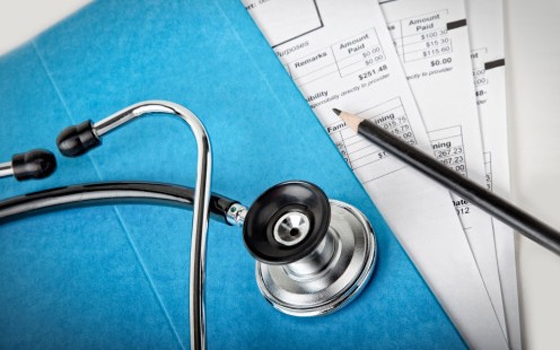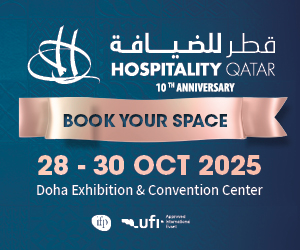Looking to capitalize on its reputation for healthcare, Dubai has set its sights on expanding the medical tourism sector with a target of half a million health and wellness visitors by 2020, boosting the economy with a fourfold increase in revenues from this segment.
The number of medical tourists reached 135,000 last year, up from 120,000 in 2013, according to Dubai Health Authority (DHA). The total is expected to exceed 150,000 by the end of the year, the consultancy firm Colliers International estimates.
Investments in new facilities are also being made to retain citizens and residents of the Emirate who are choosing to seek treatment abroad for specific illnesses, and improve the service more generally as a new universal healthcare insurance system is rolled out.
Revenue rising
Dubai’s experience in the hospitality sector is helping pave the way for growth as organizations such as the DHA and Dubai Tourism and Commerce Management (DTCM) are working together with hospitals and hospitality providers to offer healthcare “packages”. These include treatment, hotel accommodation and flights, alongside visa provisions tailored to visitors seeking treatment and a new dedicated online portal catering for this specific segment of the hospitality market.
Health officials said in January the emirate is also considering offering medical tourism insurance products for patients travelling to Dubai for medical treatment.
Revenues from medical tourism are forecast to increase 15% to Dh1.1bn ($299.5m) in 2016 from Dh652m ($177.5m) in 2012 according to the DHA. This figure will climb again to Dh2.6bn ($708m) in 2020. The government is expecting a 15% return on investments (RoI) for its medical tourism initiative, DHA director-general Essa Al Maidoor told journalists at a conference at the end of January.
Healthcare city
After decades of Middle East nationals travelling to other regions for treatment, predominantly Singapore, India and Thailand, the government in Dubai is acting to establish a regional base for medical tourism.
A focal point of inward investment is Dubai Healthcare City (DHCC), which was founded in 2002 as a free zone centered on medical education, treatment, research and enterprise and now has more than 130 clinical facilities.
In 2014, DHCC facilities treated 1.2m patients, according to a statement issued at the end of January, with about 15% of this total from overseas. Among this group, half are from the Gulf region, a third from the wider Arab world, with the rest from Eastern and Western Europe and Asia. DHA is also targeting countries such as Russia, the CIS countries, India, Pakistan, Nigeria, Angola and the United Kingdom as part of its medical tourism strategy, which has been designed over two phases with the first running until 2016 and the second until 2020.
Although medical tourism is often associated with cosmetic or plastic surgery, a survey conducted at DHCC in 2014 showed fertility treatment was the most popular offering for patients in the first half of 2014. Cosmetic surgery was second most popular, followed by dental treatment, cardiac and orthopaedic procedures.
Reversing the tide
The domestic market has also been earmarked for growth with new facilities being built to cater for the needs of the local market. The UAE spends around Dh4,420 ($1,200) per person each year on healthcare, ranking it among the top 20 countries in the world for healthcare spending per capita.
Reform of the healthcare system is also likely to drive up standards and expand areas of expertise – companies with more than 1,000 workers are already required to ensure a health cover is in place for their staff. The mandatory health insurance scheme will require all employers to provide basic healthcare cover by the end of June, 2016.
DHA figures released last year showed that in addition to the Dh8.5bn ($2.3bn) spent on healthcare in Dubai in 2012, a further Dh1.5bn ($408m) was spent outside the emirate, often to pay for treatments or specialist care that could only be found abroad. Oncology treatments were sought by more than one in five, while 12.9% saw orthopaedic surgeons, 12.6% visited neurosurgeons and 5.1% had heart surgery.
In 2015, the private Mediclinic City Hospital, located in the DHCC free zone, is hoping to start meeting the demand for oncology services. “We are busy building a new center including a linear accelerator and PET scan and so it’s going to be a fully-fledged oncology center, from diagnostics to therapeutic,” Tarek Fathey, Mediclinic Hospital Director and COO of Mediclinic Middle East, told OBG.
Encouraging investors to offer specialist medical services in Dubai would also produce a direct saving for the government. Of the Dh1.5bn spent on treatments abroad in 2012, DHA itself paid Dh338.2m ($92m) for 1819 patients.
Oxford Business Group
5 February







































































